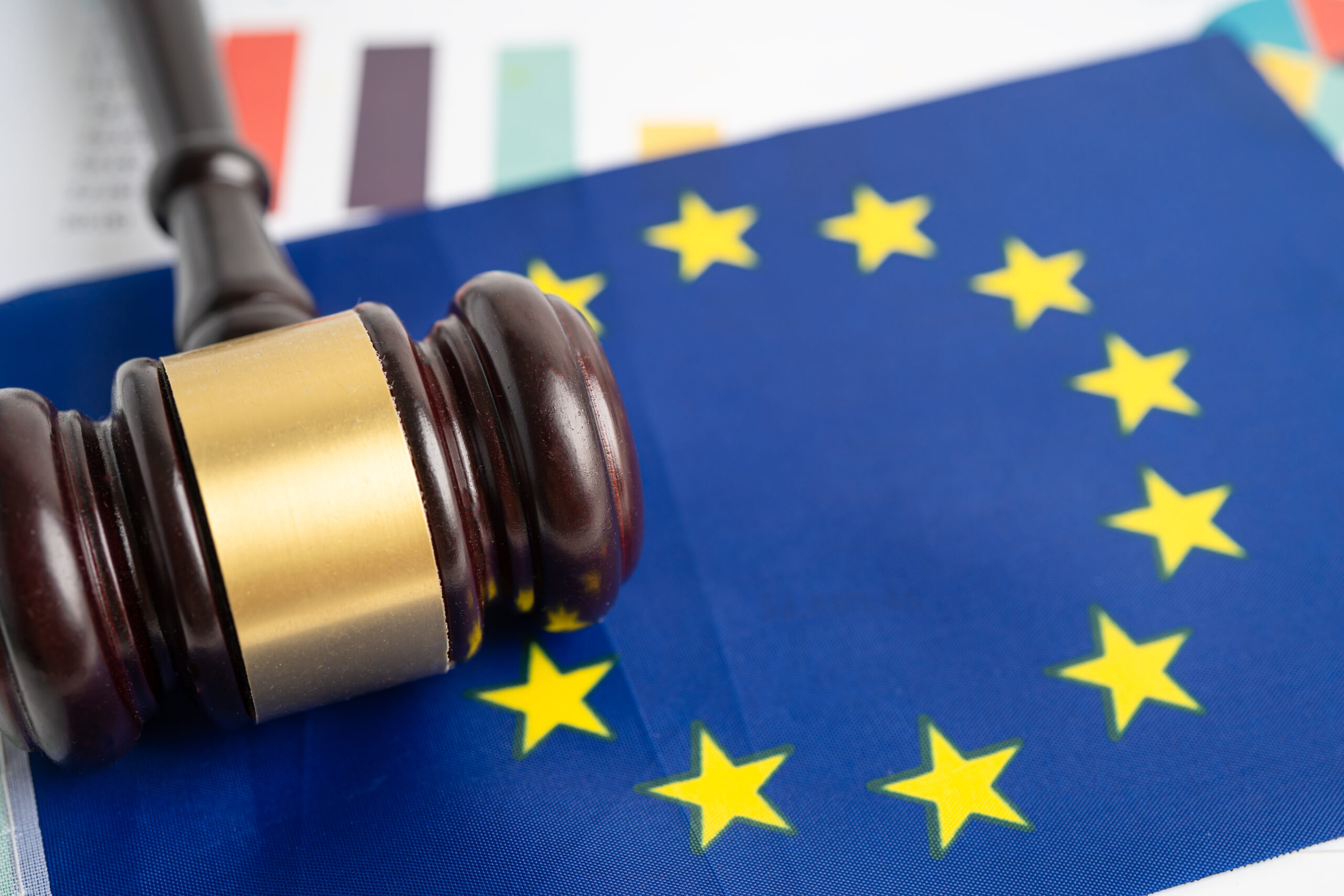CJEU: Agreement in an exceptional situation may be considered an invoice

Last quarter, or more precisely on September 29, a ruling was announced by the EU’s highest judicial institution, which may well be a dramatic change in the business environment from now on. CJEU ruling (Case No. C-235/21, ECLI no: EU:C:2022:739) addresses the situation where two business entities entering into a civil agreement between themselves and not issuing any invoices in connection with the services rendered-can, in this unique situation, recognize the agreement as a VAT invoice.
The main element to meet this condition is that the given contract should contain in its content all the necessary information to determine whether the buyer is entitled to deduct VAT.
CJEU decision
The ruling was based on a dispute case between a Slovenian company in the Raiffeisen Group with the Slovenian tax authorities. It is important to emphasize the fact that the CJEU decision concerns the interpretation of the provisions of the EU VAT Directive. Polish VAT regulations are consistent with the said directive, so the conclusions of the Court’s judgment are significant in the context of tax rules for Polish business entities.
A Raiffeisen Group company entered into a sale and leaseback agreement with Red company, which owned land and a residential house. On its property, it was going to invest in new real estate. Under the binding agreement, the Group company agreed to acquire the land for a certain price. The RED company, in turn, agreed to pay monthly lease payments to Raiffeisen up to the repayment value of the land and real estate to be developed.
In connection with the transactions, however, Raiffeisen company did not issue VAT invoices. Consequently-it also did not pay VAT on these transactions. RED decided to deduct VAT based on the content of the agreement and treated the contract as VAT invoice.. At a later stage, the above VAT issues were challenged by the Slovenian tax authorities.
The Slovenian trial court in the aforementioned case asked the CJEU whether an agreement entered into by two VAT taxpayers and the subject of which are services performed or goods supplied can be considered a VAT invoice. In response to the question, the CJEU cited case law, where the principle of VAT neutrality requires that the right to input tax be granted if the substantive conditions are met, noting that they are entitled to it despite not meeting certain formal requirements. In its final conclusions, the CJEU specified that:
- a document can be considered a VAT invoice when the content indicates the amount of this VAT and when it contains the mandatory elements of an invoice necessary to determine whether the material prerequisites have been met for VAT deduction,
- A document can be treated as a VAT invoice, when it is irrelevant to examine the will of the parties to the agreement to make it an invoice.
The CJEU pointed out that under certain circumstances, it can be concluded that an agreement equals a VAT invoice and the acquiring party is entitled to deduct it. It is important to emphasize that Article 226 of the VAT Directive indicates the obligatory elements of an invoice, which do not have to be in the agreement, for example, in order to be able to deduct VAT from the agreement and finally treat it as an invoice.
The ruling has been met with a number of criticisms from tax experts, who point to significant problems in the practical approach to the subject. According to the ruling, a taxpayer will not be sure if by chance its commercial documents will not be treated as a VAT invoice. If such a situation were to occur, then by already issuing a normal VAT invoice to another commercial document (for example, to an agreement), the tax authorities could consider the issued invoice as empty and oblige the taxpayer to pay the additional VAT amount, along with the interest due. The change could create a lot of uncertainty in the business environment.
Author: Dominika Wydrzyńska, Accountant at MDDP Outsourcing.
Sources:
Ruling of the Court (Seventh Chamber) on September 29, 2022.
COUNCIL DIRECTIVE 2006/112/EC of November 28, 2006 on the common system of value added tax.




